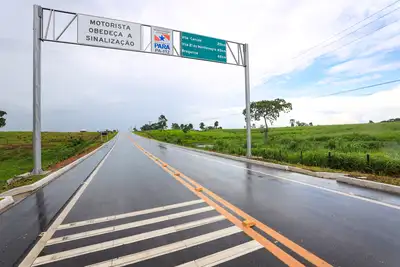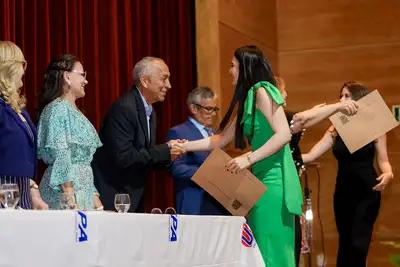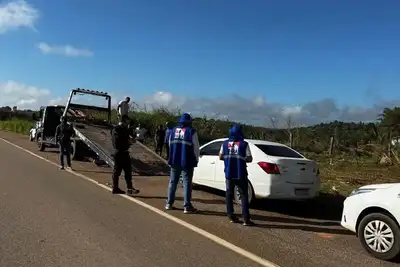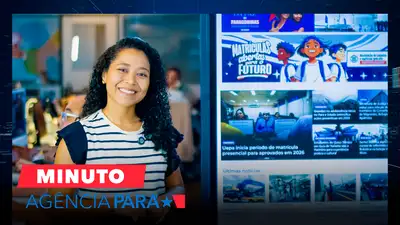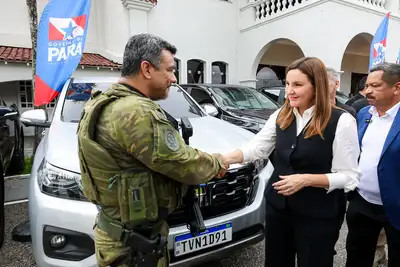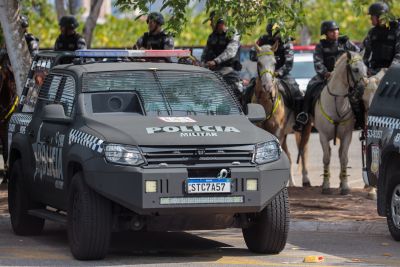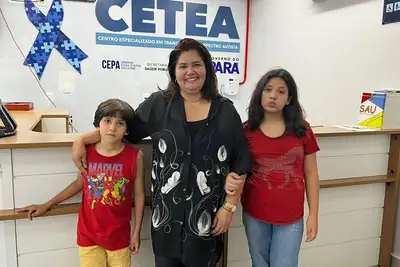The Toy Library of Campus III of Uepa Celebrates World Play Day with a Focus on Learning
Toy Library and World Play Day
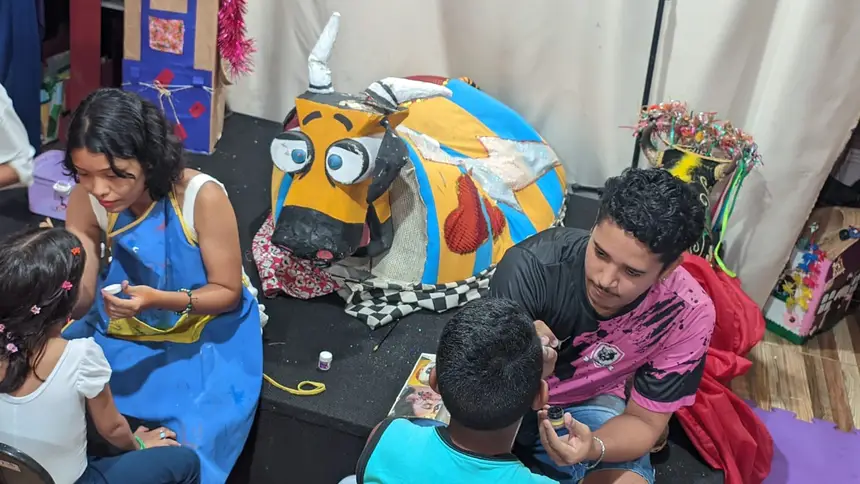
Among games and imagination, learning is born. On World Play Day, celebrated this Wednesday (28), the date draws attention to the importance of play in child development — an increasingly necessary aspect in light of the predominance of screens. In this context, toy libraries stand out as spaces where fun transforms into knowledge, reclaiming the value of play as a pedagogical tool essential to childhood.
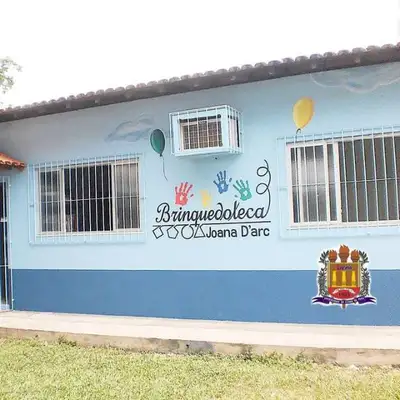
At the State University of Pará (Uepa), the Joana D’arc Toy Library operates in the Physical Education Course (Campus III), linked to the Center for Biological and Health Sciences (CCBS), offering free playful activities for children, youth, adults, and the elderly in the community. Amid the advancement of technology, the space aims to be a refuge of playfulness and interaction, promoting healthy alternatives to the digital routine. Additionally, it serves as a training ground for students of the institution, who actively participate in the activities.
The toy library is a permanent university extension project, with a special focus on the child audience. The space seeks to promote play as a source of teaching, research, and extension, offering experiences through different languages: bodily, musical, choreographic, vocal, plastic, among others. At the same time, it trains students from various fields to act as playworkers and fosters the production of scientific knowledge.
According to the project coordinator, Professor Zaira Valeska Dantas da Fonseca, play is deeply linked to the educational process. “The toy library offers a multifaceted space for playful and artistic experiences. In addition to promoting the right to play, it contributes to the academic formation of students in physical education, teaching degrees, and health courses at Uepa, with scholarships and voluntary actions. It is one of the few toy libraries maintained by the public authority, which reinforces its essential role in access to leisure, the right to play, and education,” she emphasizes.
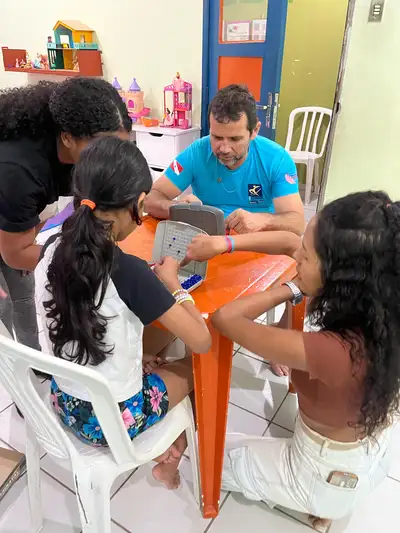
The right to play is guaranteed by the Statute of the Child and Adolescent (ECA) and by the UN Convention on the Rights of the Child. Through playful activities, children develop cognitive, social, and emotional skills, strengthen motor coordination, logical reasoning, memory, and creativity. In a collective environment and with the mediation of professionals, they also learn to coexist, share, respect rules, deal with emotions, and resolve conflicts.
Among the activities offered are cooperative games, popular games, body expression workshops, storytelling, and the "Fabricarte" project, focused on crafts, literature, and visual arts. The space also conducts itinerant actions in schools and works with playful psychomotricity.
For the coordinator of the Physical Education course, Smayk Sousa, the toy library is a fundamental space in the training of critical professionals sensitive to children's needs. “It articulates playfulness and education in an interdisciplinary and transformative way,” he states.
The team consists of Professor Zaira Fonseca, a technical staff member, an intern, and about five scholarship playworkers and 17 volunteers. In March of this year, a new training course qualified an additional 15 playworkers. The structure includes rooms for playful psychomotricity, body expressions, plastic arts, games, as well as a sports court. While children participate in activities, caregivers can also engage in craft workshops or parallel games.
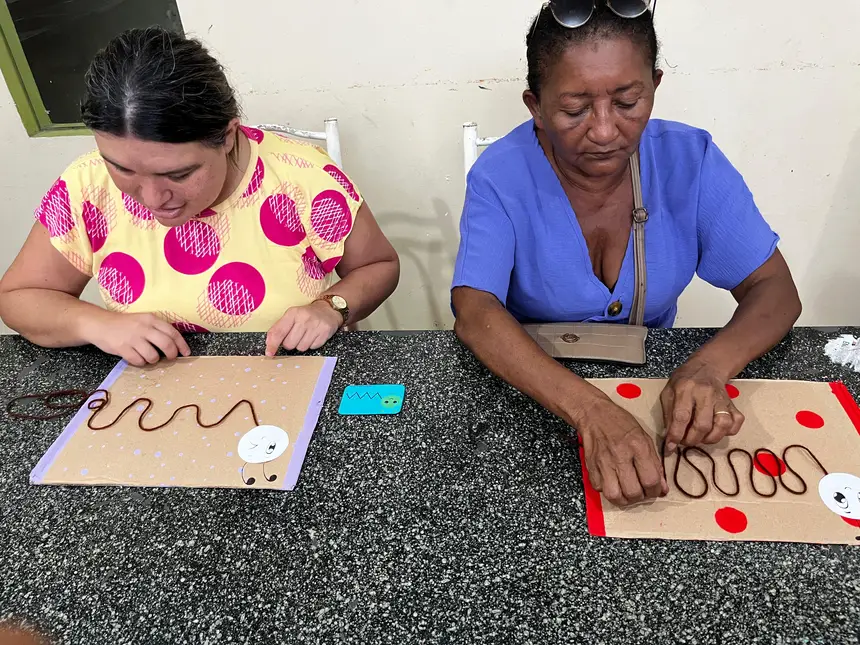
A tribute to educator Joana D’arc - The toy library is named after Professor Joana D’arc Guimarães de Oliveira, recognized for her work in training physical education and teaching teachers in Belém. The space was inaugurated in May 2003, conceived by Professor Vera Lúcia Fernandes, and institutionalized as an extension project in 2018 by Professor Ana Cristina Guimarães, daughter of Joana D’arc.
The importance of recreation has been academically recognized since the 1970s and currently integrates various subjects in the bachelor's and teaching degree courses in Physical Education at Uepa, such as “Fundamentals and Methods of Play,” “Physical Education, Leisure, and Culture,” and “Study and Leisure.”
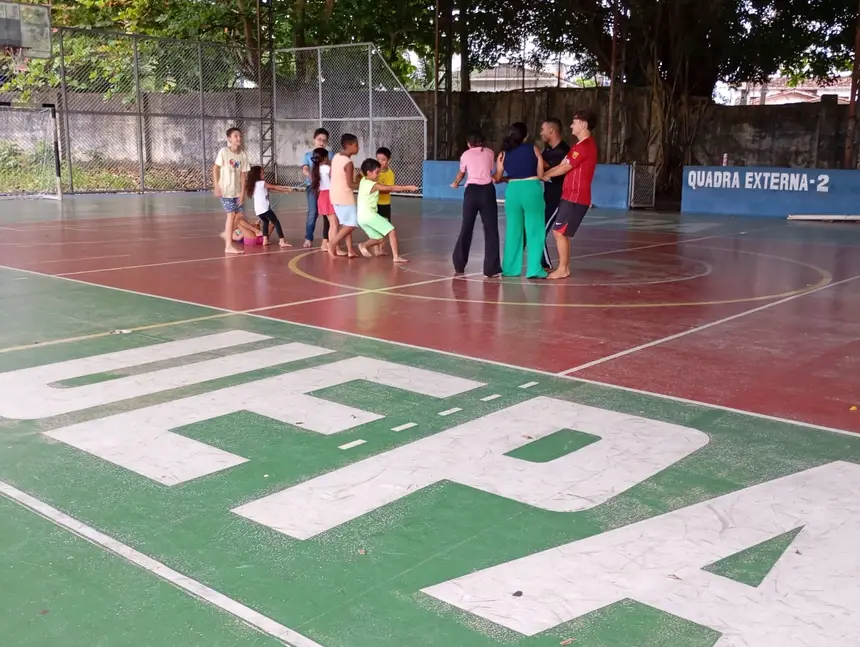
Training beyond the classroom - For students, the toy library is a space for practical learning. Uepa Physical Education student Pedro Gama reports the importance of the experience: “It is a remarkable experience. Playing is learning, expressing oneself, relating. I learned in practice how playful activities contribute to teaching and the fundamental role of the teacher in this environment. I grow as a professional and as a person.”
Staff member Thais Bastos, a technician at the toy library for 12 years, reinforces: “This space goes far beyond recreation. It contributes to the motor, cognitive, emotional, and social development of children, in addition to promoting inclusion, accessibility, and therapeutic support.”
Service - This Wednesday (28), in celebration of World Play Day, a special program will be held with various games for children and adults of all ages. Open to the public, the activity will take place from 2 PM to 5 PM, in the external court of Campus III/CCBS.
The Joana D’arc Toy Library operates from Monday to Friday, from 2 PM to 5:30 PM, at Campus III of Uepa (Physical Education Course), located at Avenida João Paulo II, 817, Marco neighborhood, in Belém. The service is free and aimed at the community, with prior scheduling for groups and institutions in the morning. Residents from different neighborhoods, students, and professionals from the university participate.
Text: Diane Maués


